
House in The Wild, Masai Mara
A luxurious guesthouse in the bush - perfect for family safaris
On the banks of the Mara River in southwestern Kenya, the Wood family is living out the ultimate dream. Living in the middle of the wild and spectacular African bush and at the same time making a positive difference - for nature, for wildlife and for the local community.
Safari - far away from the main road
In the Masai Mara National Park itself, the safari cars have the ability to maneuver the animals in numbers. At times a little sad, and it can be a bit of an anticlimax with 20 cars circling around one single lion.
This is not the case in the private reserves, also called conservancies, that surround the national park itself. Therefore, they also offer better, more authentic and above all more sustainable safari experiences.
Why we love House in The Wild
- It is located in a private reserve, so you have the safari experience to yourself
- The cabins, the nature, the pool and the diverse experiences make it ideal for families and generational trips.
- The atmosphere and the hospitality go straight to the heart and elevate the experience to a higher level.
- Excellent Game drives with stunning wildlife.
- Campfire by the river or on Kileleoni hill, village visits and relaxation by the pool.
Having all this to yourself, without hordes of other safari cars on your heels, makes the experience something very special. At House in The Wild, safari is not just about watching wildlife – it is the feeling of being truly off the beaten track and alone in the magnificent nature of Africa is the key to this place. At House in The Wild you get both.
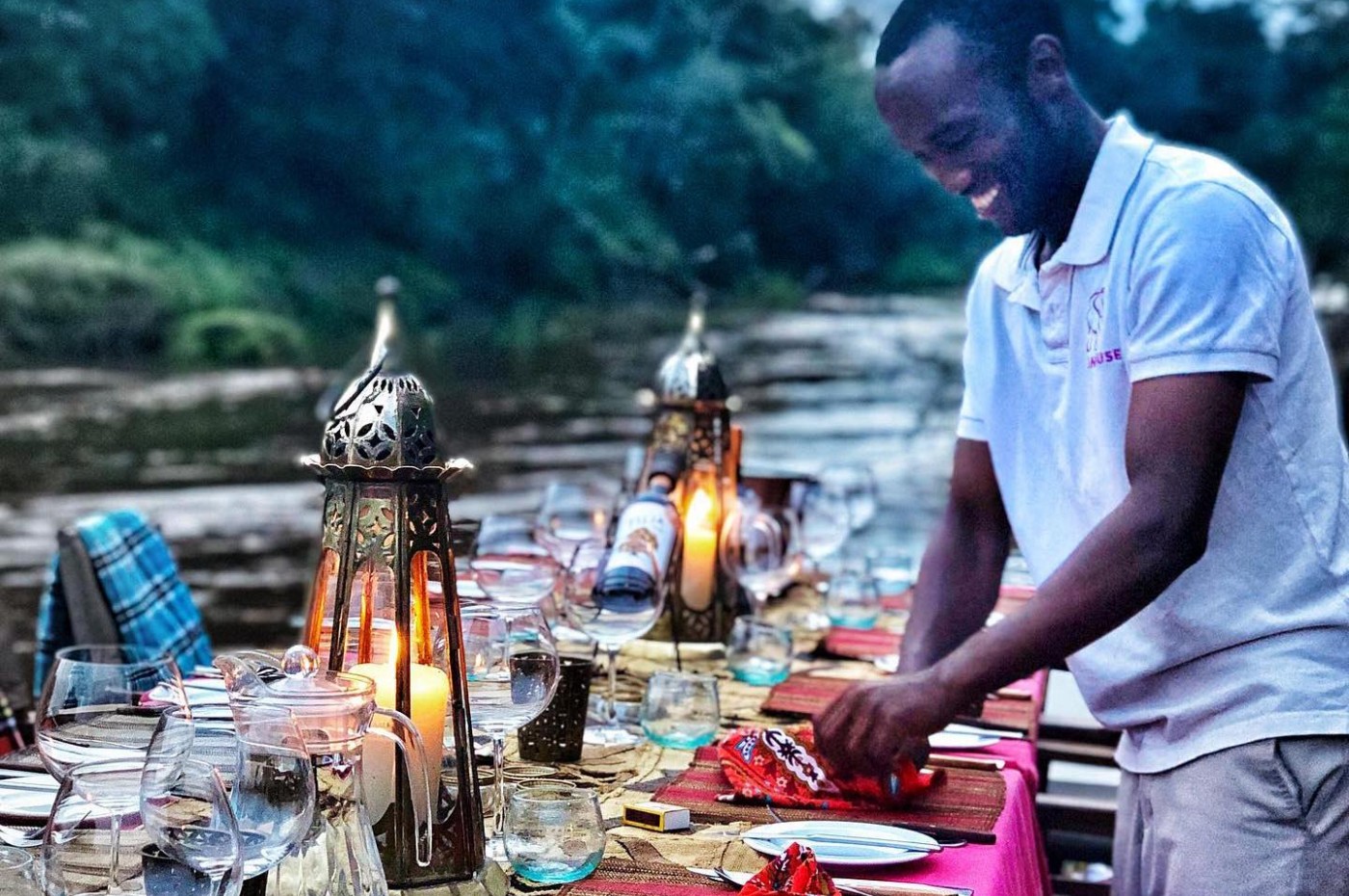
House in the Wild, Masai Mara, Kenya

House in the Wild, Masai Mara, Kenya

House in the Wild, Masai Mara, Kenya

House in the Wild, Masai Mara, Kenya

House in the Wild, Masai Mara, Kenya

House in the Wild, Masai Mara, Kenya
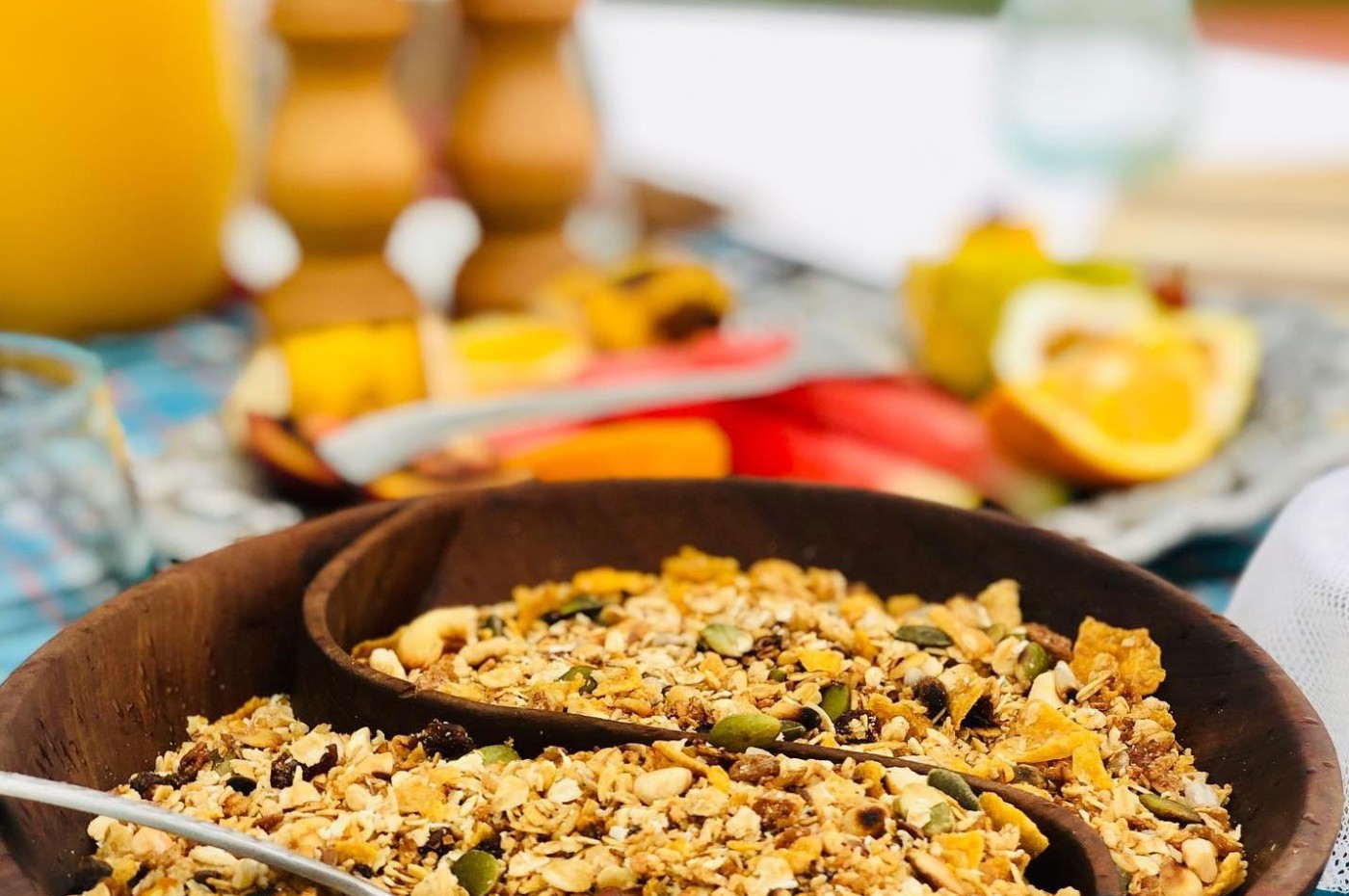
House in the Wild, Masai Mara, Kenya

House in the Wild, Masai Mara, Kenya
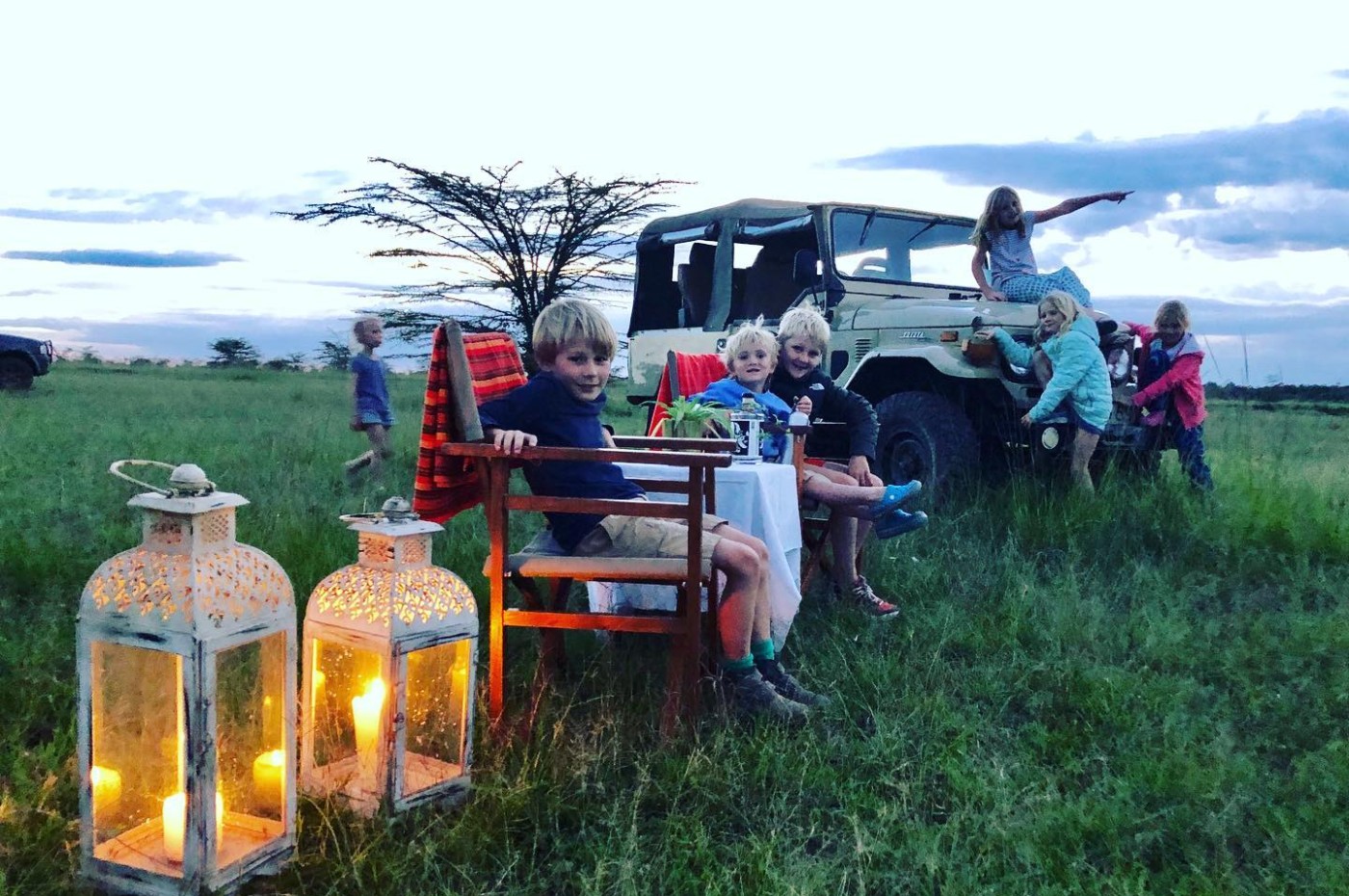
House in the Wild, Masai Mara, Kenya
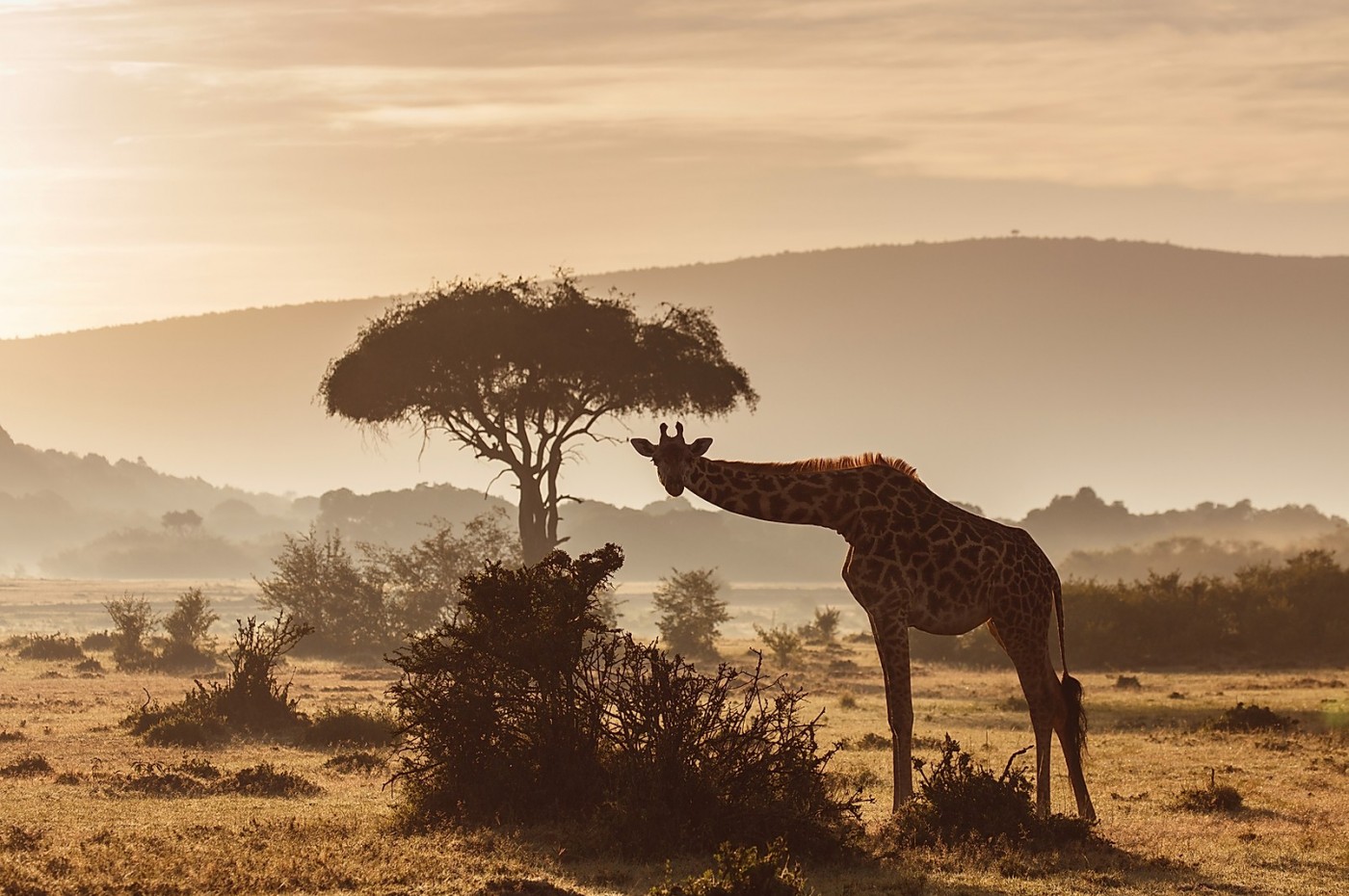
House in the Wild, Masai Mara, Kenya
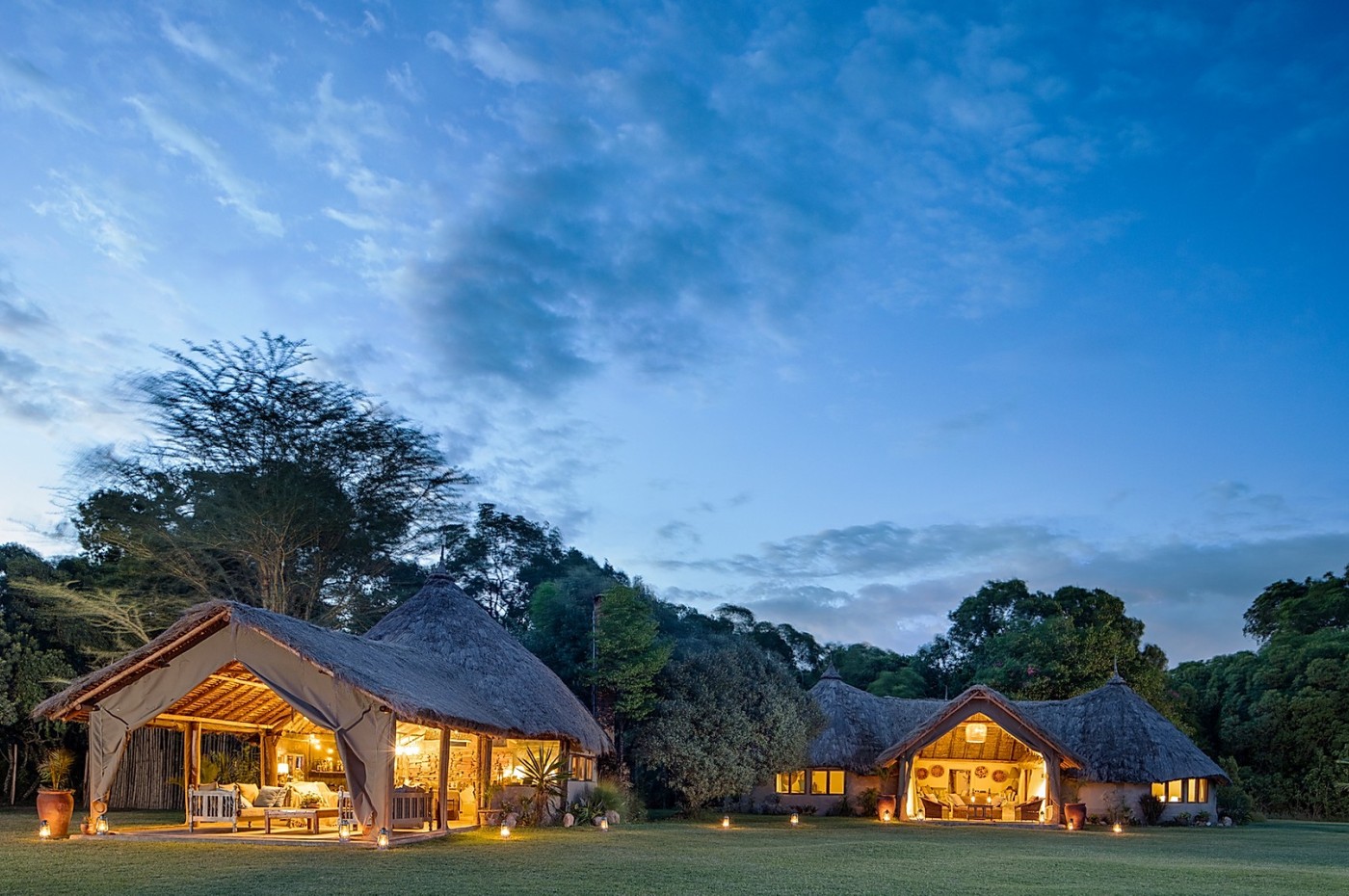
House in the Wild, Masai Mara, Kenya
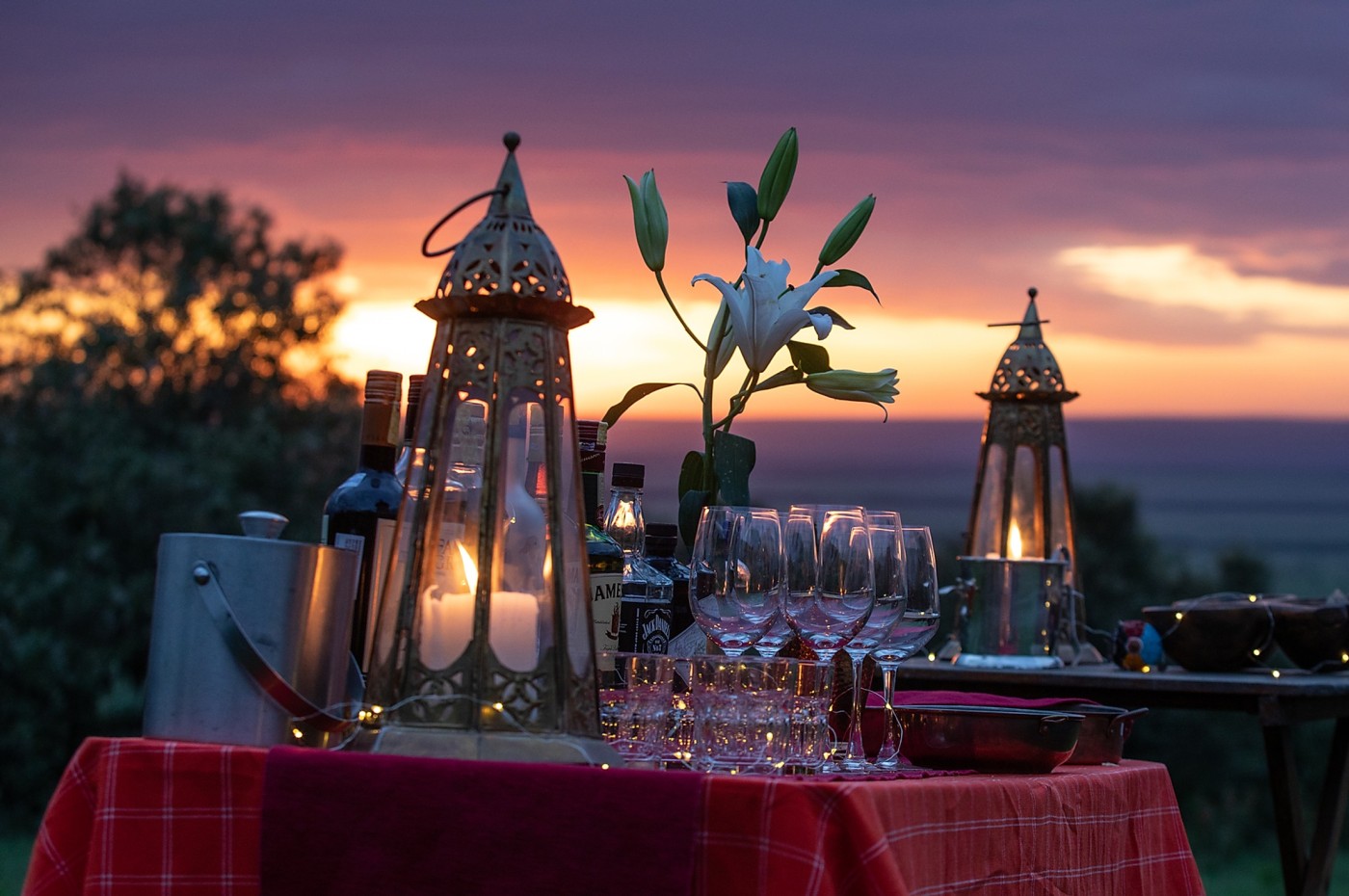
House in the Wild, Masai Mara, Kenya

House in the Wild, Masai Mara, Kenya

House in the Wild, Masai Mara, Kenya

House in the Wild, Masai Mara, Kenya

House in the Wild, Masai Mara, Kenya

House in the Wild, Masai Mara, Kenya

House in the Wild, Masai Mara, Kenya

House in the Wild, Masai Mara, Kenya

House in the Wild, Masai Mara, Kenya

House in the Wild, Masai Mara, Kenya

House in the Wild, Masai Mara, Kenya

House in the Wild, Masai Mara, Kenya

House in the Wild, Masai Mara, Kenya

House in the Wild, Masai Mara, Kenya

House in the Wild, Masai Mara, Kenya

House in the Wild, Masai Mara, Kenya

House in the Wild, Masai Mara, Kenya

House in the Wild, Masai Mara, Kenya

House in the Wild, Masai Mara, Kenya

House in the Wild, Masai Mara, Kenya

House in the Wild, Masai Mara, Kenya

House in the Wild, Masai Mara, Kenya

House in the Wild, Masai Mara, Kenya

House in the Wild, Masai Mara, Kenya
A luxurious guesthouse in the middle of the bush
House in The Wild is both owned and operated by the Wood family. The land they lease from the 50 Maasai families who also get a steady income through the conservancy fees that all visitors pay.
But the collaboration extends much further than that. 90% of the employees come from the local area, schools have been opened, and they work together to create the best conditions for nature and wildlife.
Sustainability thus goes far beyond the operation of the lodge itself. It's all about the 2,400-acre conservancy and local community. It makes the experience real and authentic.
The staff live just around the corner and are just as proud as the host family, and at the same time, nature really grows instead of disappearing. It gets to you in the positive way.
The warmth and pride give House in The Wild a very special family atmosphere. It is more personal and unconventional than classic safari lodges.
The diversity of the experiences, the beautiful location and not least the relaxed atmosphere that prevails at House in The Wild, make the place ideal for longer stays. Its perfectly fine to spend 3-4 nights, but if you have the time, then 5-7 days would be ideal.
Therefore, one can better describe it as a luxurious guesthouse than a typical lodge. You could almost call it a great, personalized homestay, as the family lives just 5 minutes away.
You can easily spend a week here
The diversity of the experiences, the beautiful location and not least the relaxed atmosphere that prevails at House in The Wild, make the place ideal for longer stays. Its perfectly fine to spend 3-4 nights, but if you have the time, then 5-7 days would be ideal.
It gives you time to relax by the pool, take in the setting by the river and just connect with your family and the place. This is especially ideal if you travel with children, who gets restless from too many days in a safari vehicle.
Responsibility and sustainability
The whole purpose of House in The Wild is to make nature wild again and at the same time provide better conditions for the local Maasai community
And the family's efforts have undeniably been a success story. They have helped transform the Maasai-owned land into a protected conservancy. The 50 Maasai families who own land here work with the Wood family to take care of nature, wildlife and each other. It’s all integrated.
Conservation
Deforestation and land cultivation have luckily become words of the past. Nature grows wild again, lots of trees are planted and the land that is still being used for agriculture is more fertile than ever.
This has led to an even greater concentration of wildlife, to better grazing for the Maasai families' cattle and crops of the highest quality. All conditions that also help to make the experience for visitors much better. An excellent example of how all tourism should be and how responsibility leads to better experiences.
Community
At the lodge itself, 90% of the staff come from the area's Maasai villages, 80% of the food comes from its own garden or is bought locally. There are no plastic bottles here, and electricity comes primarily from solar cells.